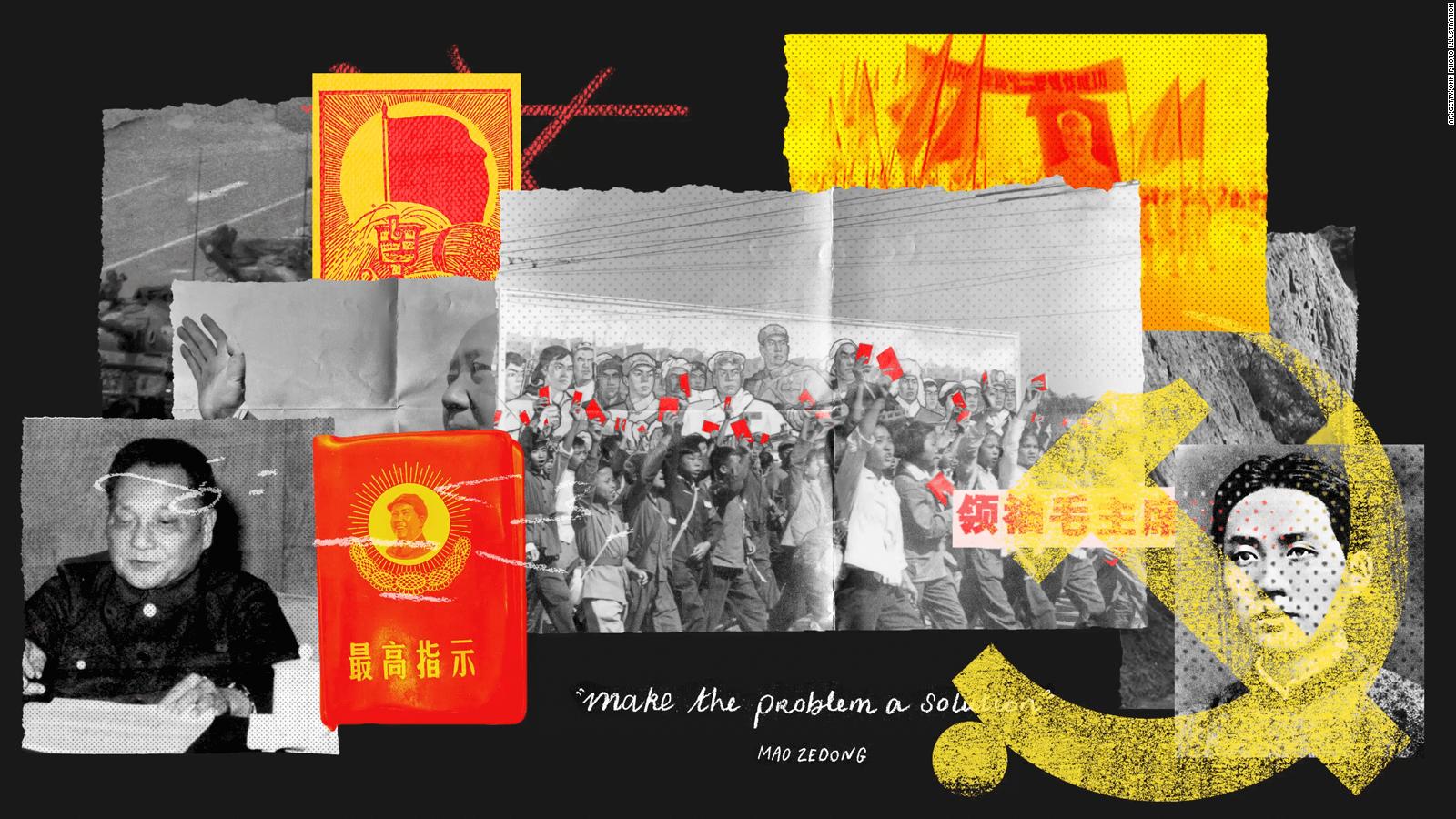100 years of the Chinese Communist Party: 10 moments which shaped it

The failure of the “Great Leap Forward” weakened Mao’s grip on power. So he launched a campaign to destroy his political rivals and create total loyalty within the party.Without warning, Mao claimed that groups opposed to communist ideology had infiltrated the party and needed to be cleansed.His calls to remove the “counterrevolutionaries” and “rightists” quickly spiraled out of control. Mobs of students, now known as Red Guards, attacked anyone believed to be harboring bourgeois ideals or imperialist habits.Students across the country turned on their teachers, who they accused of being capitalists or traitors. Anyone who fell foul of the mobs was tortured and abused, forced to publicly confess. Others were locked up in makeshift camps.Some died as a result of the torture, others took their own lives. As the situation escalated, different groups of Red Guards began to fight each other, using weapons from the People’s Liberation Army.The chaos finally ended with the death of Mao in 1976. The Cultural Revolution is widely recognized as a catastrophe that may have resulted in millions of deaths, according to some estimates.In 1981, the Communist Party passed a resolution saying the Cultural Revolution “was responsible for the most severe setback and the heaviest losses suffered by the party, the state and the people since the founding of the People’s Republic.”







